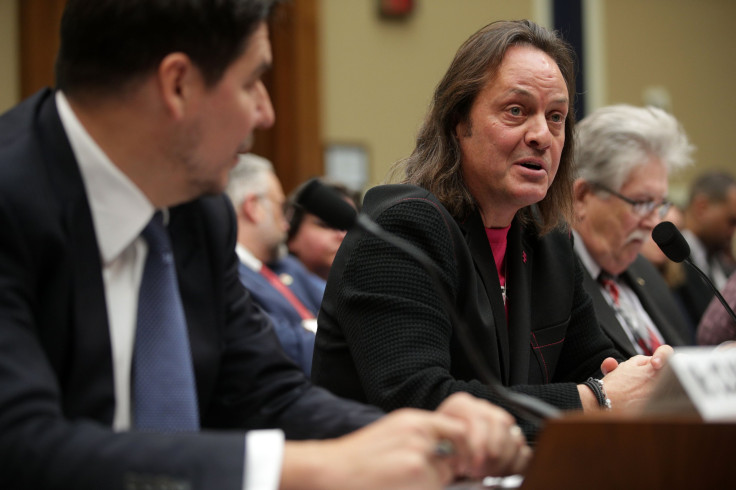Sprint, T-Mobile Merger: Lifeline Assistance Will Continue If Merger Is Approved

Even as the Department of Justice and the Federal Communications Commission are examining the merits and demerits of T-Mobile's proposed Sprint, T-Mobile merger, the latter has assured that the Lifeline assistance program will continue. This will assuage the concerns of those opposing the merger on the grounds of consumer distress.
It also assured that Sprint's low-income Assurance Wireless brand will run indefinitely.
T-Mobile and Sprint have been facing pressure from Democrats who raised concerns that the merger will escalate prices and consumers will suffer.
Reports note that Assurance, Sprint's Boost Mobile, Virgin Wireless and T-Mobile's Metro have been popular with masses as cost-effective alternatives to mainstream plans.
The Lifeline Assistance program is a government service providing discounted phone service or free phones to “qualifying low-income households.” The service offers subsidized account in a household on the basis of income proof or participation in government programs.
Assurance Lifeline runs in 41 states in addition to capital Washington, D.C. T-Mobile supports the program in 9 states and Puerto Rico.
In February, congresswoman Rashida Tlaib along with 36 Democrats sent a letter to the DOJ and FCC against the deal, arguing the deal would “disproportionately hurt lower-income people and communities of color” who own brands like Boost or Metro.
T-Mobile has already promised that it will not raise rates for three years on Sprint or in itself. Rather, the company argues that by combining with Sprint the new entity will be able to offer a better service in rural areas and enhance access to a more robust 5G network.
Independent observers say there is no reason to distrust these claims.
Nicol Turner-Lee, a fellow at The Brookings Institution Center for Technology Innovation and a supporter of the Lifeline program commented that the duo’s merger can bring improved broadband services to price-sensitive consumers, primarily because of its expectation on higher quality and high-speed broadband network.
Democrat Representative Tony Cárdenas who ran a letter campaign seeking to know the companies’ commitment to Lifeline expressed happiness with T-Mobile's pledge.
“I appreciate T-Mobile responding to our questions and look forward to learning more specifics about how the proposed New T-Mobile plans to commit resources necessary to make Lifeline participation increase year over year,” Cárdenas said.
Meanwhile, executives from T-Mobile and Sprint, including T-Mobile CEO John Legere and Sprint executive chairman Marcelo Claure will be appearing before the House Judiciary Committee on Tuesday to push the merger forward.
Why the merger makes sense?
To reverse this plight next-generation 5G technology is indispensable. Huge data speeds of 5G present a tremendous opportunity for rural Americans to close the digital divide. That is where the Sprint, T-Mobile merger makes sense for America.
© Copyright IBTimes 2024. All rights reserved.




















